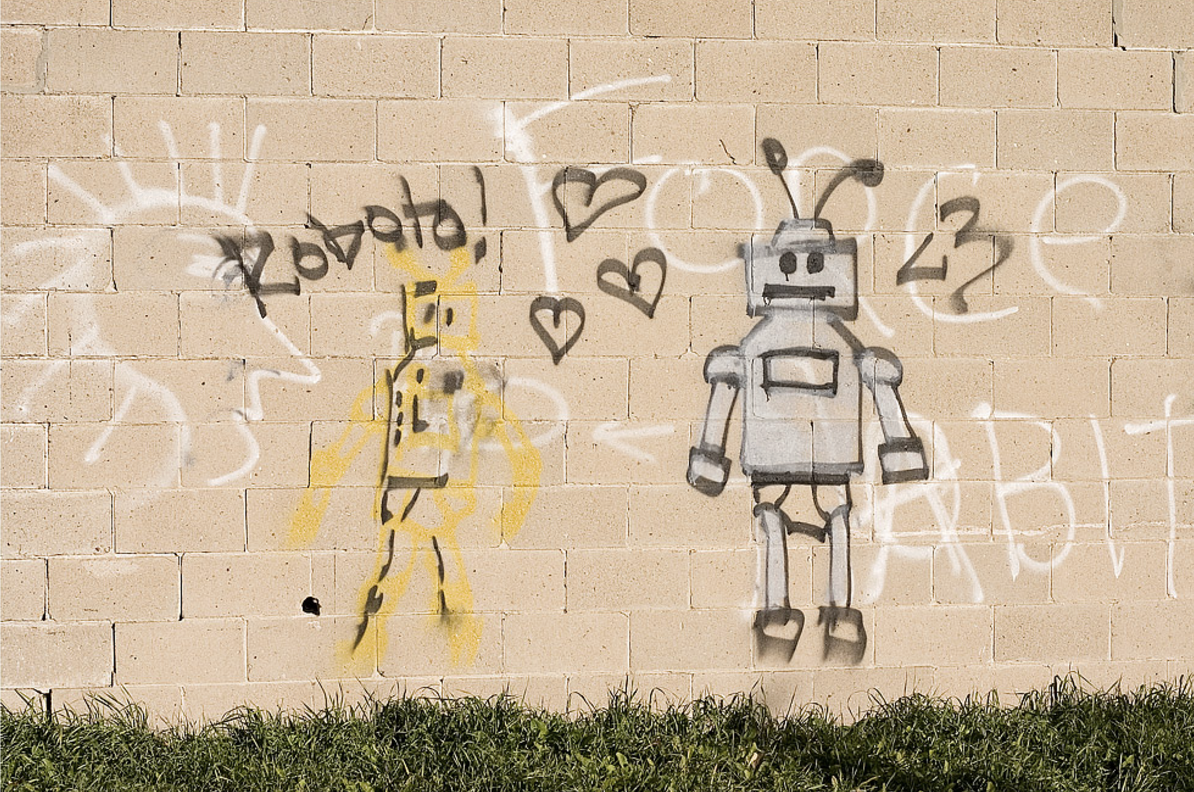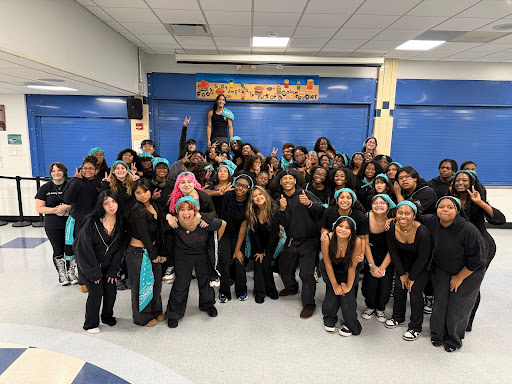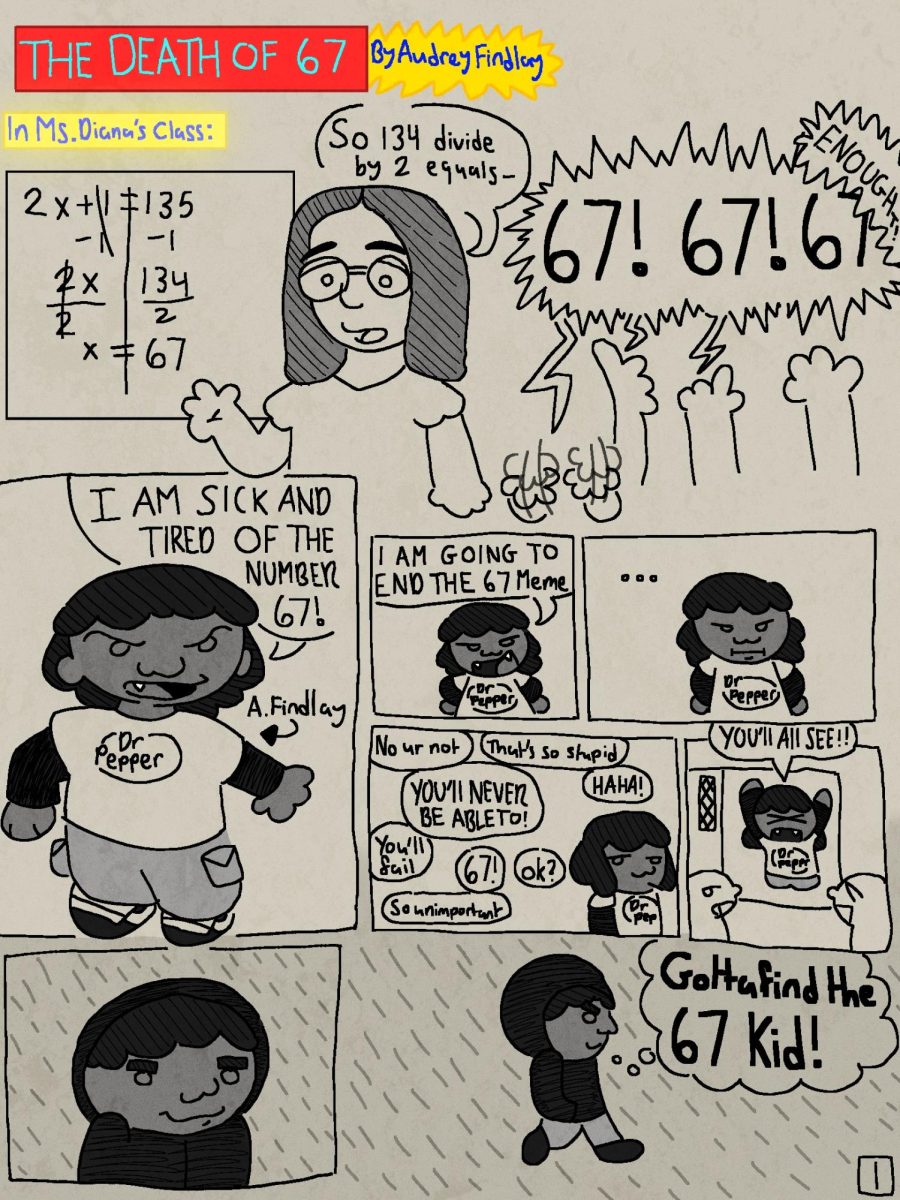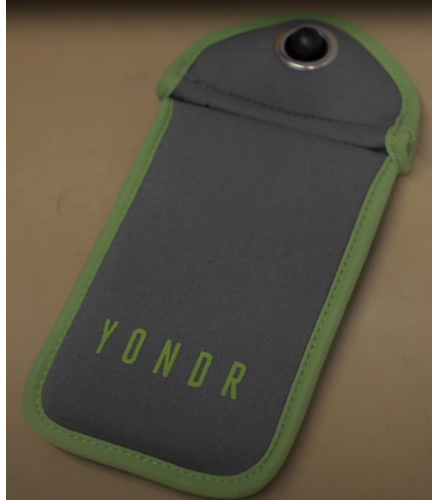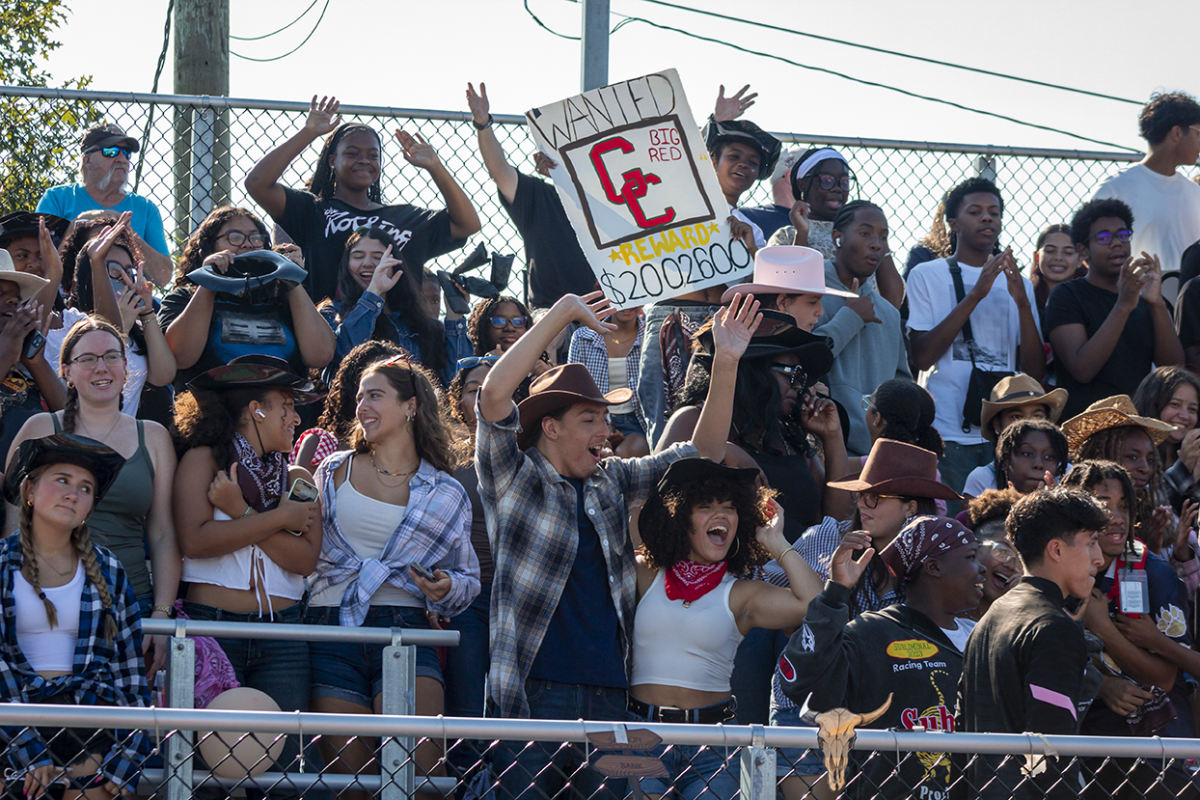Plagiarism and cheating have existed since the dawn of time. In China, hidden tunnels were dug under the examination halls for the imperial civil service examinations, so answers could be illicitly passed to test takers. In the United States, college fraternities operated (and still operate!) banks of essays written by earlier students for assignments to be passed off as new work. A scientific study done in 1964 concluded that over two-thirds of students at the time had cheated some time in their academic career.
But never before in history has the barrier of entry to academic dishonesty been so, so low. Programs like ChatGPT and Bing AI are only a few keystrokes away for the prospective cheater. A recent survey from ACT found that 48% of students use AI tools in schools. Teachers have responded to this mass use of AI tools with an increase in the use of AI detectors like Turnitin. The AI detector market has become a rapidly growing business, with the market expected to reach a value of 2.1 billion by 2026. Even OpenAI, the company responsible for ChatGPT, is working on methods to detect text generated through the company’s websites, in order to capitalize on this growing industry.
The company Turnitin claims that their AI detectors are 99% accurate for documents at least one fifth written with AI. But concerns about that 1% of false positives being used to suspend or even expel innocent students, especially disadvantaged students or non-native English speakers, have been raised. In April this year, Marley Stevens, a student at the university of North Georgia, was put on academic probation for using Grammarly to proofread her paper, even though Grammarly was recommended on the university’s website. She got a 0 on her assignment, which put her scholarship in danger. In New York City public schools, ChatGPT was banned on school devices, but the ban was reversed in October of last year. ChatGPT was also banned in Los Angeles public schools, but the school administration found that the ban was easily circumvented by wealthier students with personal laptops at home that were unencumbered by the ban. Just a few weeks ago, the parents of a senior at a Massachusetts high school sued the senior’s history teacher over punishments he received for using AI to write an outline for essays.
Some students have resorted to using paraphrasers like Quillbot and AI “humanization” tools like Humanize.org to evade AI detectors. There is plenty of advice online on the best tools to use, and how to best utilize these tools. “You can significantly reduce the detection by inserting punctuation in random places within the text. If you are using it for an assignment then you could just whiten out the punctuation and hope it goes unnoticed by your teacher,” one Reddit user responded to a question on how to outsmart AI detectors. A reasonable person might foresee an arms race starting, where AI detectors and large language like ChatGPT compete to outsmart each other.
At Baldwin High School, the opinions of teachers and students on the use of AI are complex and nuanced. The Board of Education policy is somewhat vague on the subject, not outright prohibiting AI but instead only disallowing “misusing school computer systems.” Some of the people asked had negative opinions. “I believe that people that use AI are doing it because they don’t have the skills to do the work themselves,” a student who asked to remain anonymous said. “You’re not good at writing, people just think you are…” another anonymous student said. “Apparently, people think that they can get away with it.” Others expressed more conflicted thoughts. “I think it could be good and bad… I mean, I think Grammarly is not a bad thing, because it only corrects your grammar. If you plagiarized, then it’s understandable, but if not…” “I feel like [using humanization tools] is cheating,” one student said. “You’re using one AI, and then using another AI to make it sound more human…” And other people were more positive. “My opinion is that, AI is a useful tool to help structure your work, it’s a useful tool to find synonyms of words, find out what different things may mean, though I don’t think it should be used for making something that isn’t yours,” Kevin Mokund, a senior at Baldwin High School said. “I don’t think it’s the AI companies’ job to prevent cheating. Their job is to make sure that they have working AI that’s helpful to people. It should be convenient for people to use. If they went out of their way to make it harder for people to cheat, it would make their interface not user friendly anymore…”
“I have caught multiple students using AI in their work, and it’s always obvious, because of the level of vocabulary.” one teacher, who wished not to be named, said. “My advice would be that AI is a wonderful tool if used correctly, and that students should use it to help them create ideas.”
“Yes, I have caught students using AI when they were not meant to be,” another teacher who requested to remain anonymous reported. “Ultimately, all AI can be helpful, however, young people first need to learn how to do things like write essays and think critically for themselves. The question I ask young people is, do you want to be a bot, or do you want to be yourselves?”
